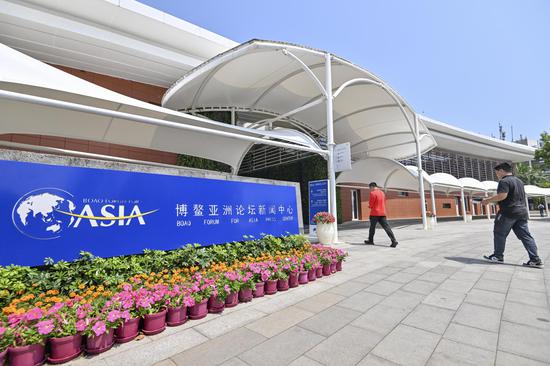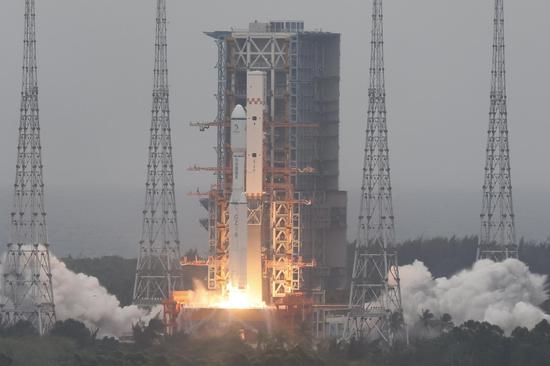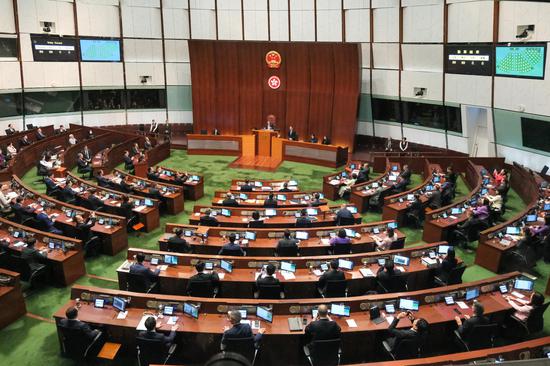Experts say regulations will support cross-border development, cooperation
Experts said China's new rules on cross-border data flows send a positive signal to businesses, facilitating the high-quality development of the digital economy and helping advance high-level opening-up.
The Cyberspace Administration of China issued the 14-article rules on promoting and regulating the flow of cross-border data on Friday, carving out standards for the assessment of exported data.
Under the rules, which took effect immediately, a security review by relevant departments is required for critical information infrastructure operators when they send personal information or important data overseas.
Important data refers to information that, if tampered with, destroyed, leaked, illegally accessed or unlawfully utilized may harm national security, economic operations, social stability and public health and safety.
While highlighting the importance of data security, the rules also specify six circumstances in which data processors can be exempt from declaration and review.
Wang Xixin, a law professor at Peking University, said the rules show "our country's efforts to meet new demands in digital trade and its innovative concept in the supervision and transmission of cross-border data".
For instance, data collected and generated during activities such as international trade, cross-border transportation, academic operations and transnational manufacturing, which do not contain personal information or important data, are exempt from security review, according to the rules.
The exemption also applies to businesses whose data is related to cross-border shopping, shipping, opening bank accounts or booking flights.
Wang emphasized that the rules aim to seek a balance between data development and security, saying that they are conducive to providing diverse and flexible channels for businesses to export data.
"The rules have strongly countered baseless accusations from Western countries such as the United States regarding China's 'data localization' and 'obstruction' of global digital trade activities," he added.
The administration noted that cross-border data flows have become the foundation for global exchanges and the sharing of capital, information, technology, talent, goods and other resources, revealing that it made the rules to facilitate the lawful, orderly and free flow of data, and to unleash the value of data.
Hong Yanqing, a law professor at Beijing Institute of Technology, said the formulation of the rules also indicated "China's determination to firmly expand high-level opening-up".
With the continuous development of technologies such as artificial intelligence, big data and cloud computing, the digital economy has become one of the key pillars of the Chinese economy, Hong said, adding that the central leadership has maintained an open attitude toward data export.
In 2022, a data-related guideline issued by the central government said the country aimed to build a safe, lawful and organized system of cross-border data flows, encouraging enterprises and organizations from home and abroad to carry out business cooperation in accordance with the law and regulations.
Taking the new rules as a contribution to optimizing China's system of cross-border data flow, Hong said they will help promote the coordination and consistency of global data protection standards.
The rules will also enhance the international community's confidence in and recognition of China's digital economic development, and be beneficial for advancing China's international cooperation and communication in the field of the digital economy, he said.


















































 京公网安备 11010202009201号
京公网安备 11010202009201号